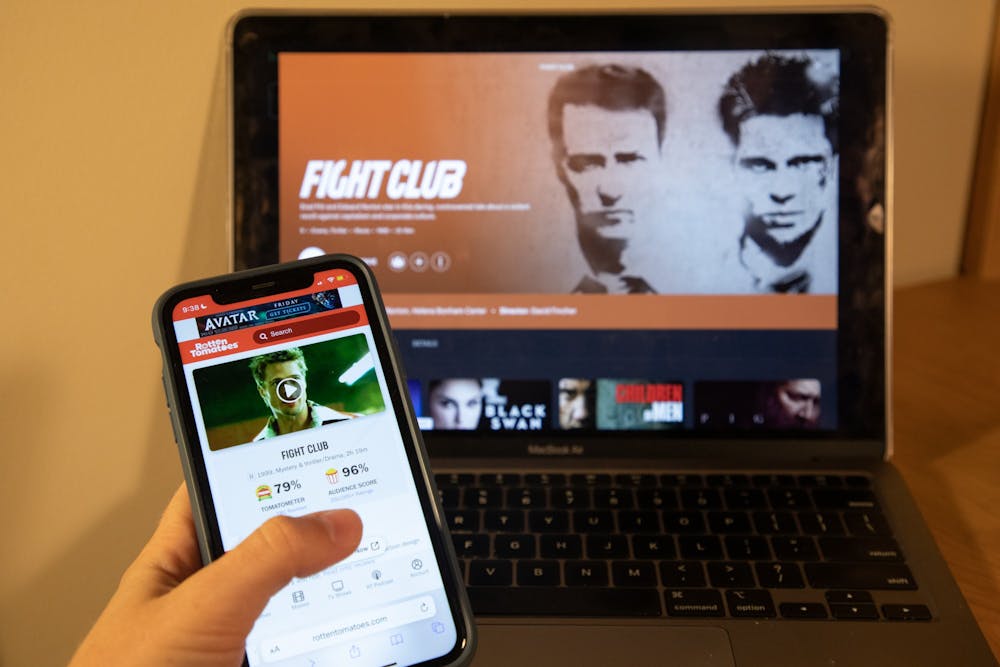Hoping to watch a movie?
It’s all too common to type a movie title into a search bar, just to catch a glimpse of three arbitrary rating numbers and short reviews. We use this to decide whether to watch a movie or not. However, does this method actually benefit audiences?
Film is subjective. It’s possible that others could’ve disliked a movie that you loved, but that alone wouldn’t make you change your stance. But, if you saw its reviews before watching said film, you’re developing opinions on a movie before even giving it a chance.
This is a problem.
Valuing the short, opinionated takes of others before initially viewing a film hurts the viewing experience. It ignores the inherent subjectivity of our tastes in movies.
What does one particular film mean to you? How do you relate to its characters? How do you interpret its motifs? These questions rooted in emotion can be answered only by you, not a 280-character review filled with emojis.
Ignorantly following reviews doesn’t only affect your ability to decide what films to see, but it also affects the filmmaking process. When studios see their films underperforming at the ticket counter, they may be less likely to encourage similar scripts, despite unheard audiences enjoying them. Critics’ views do not always align with those of audiences.
This is the “Underrated Cult Classic Phenomena” in which certain films upon release are panned by critics to an extent that it affects their box-office performance — however, months or years later, audiences finally gain the voice to speak for themselves once liberated from the pressures of critics’ opinions through home video. Audiences then declare movies that they love as underrated cult classics, dismissing their critical failure.
Victims of this phenomenon may be films you love such as "Fight Club" (1999), "Blade Runner" (1982), and "Mulholland Drive" (2001). Each of these debuted to critical failure or polarization and box office failure before audiences had the chance to assign them the "cult classic" title.




